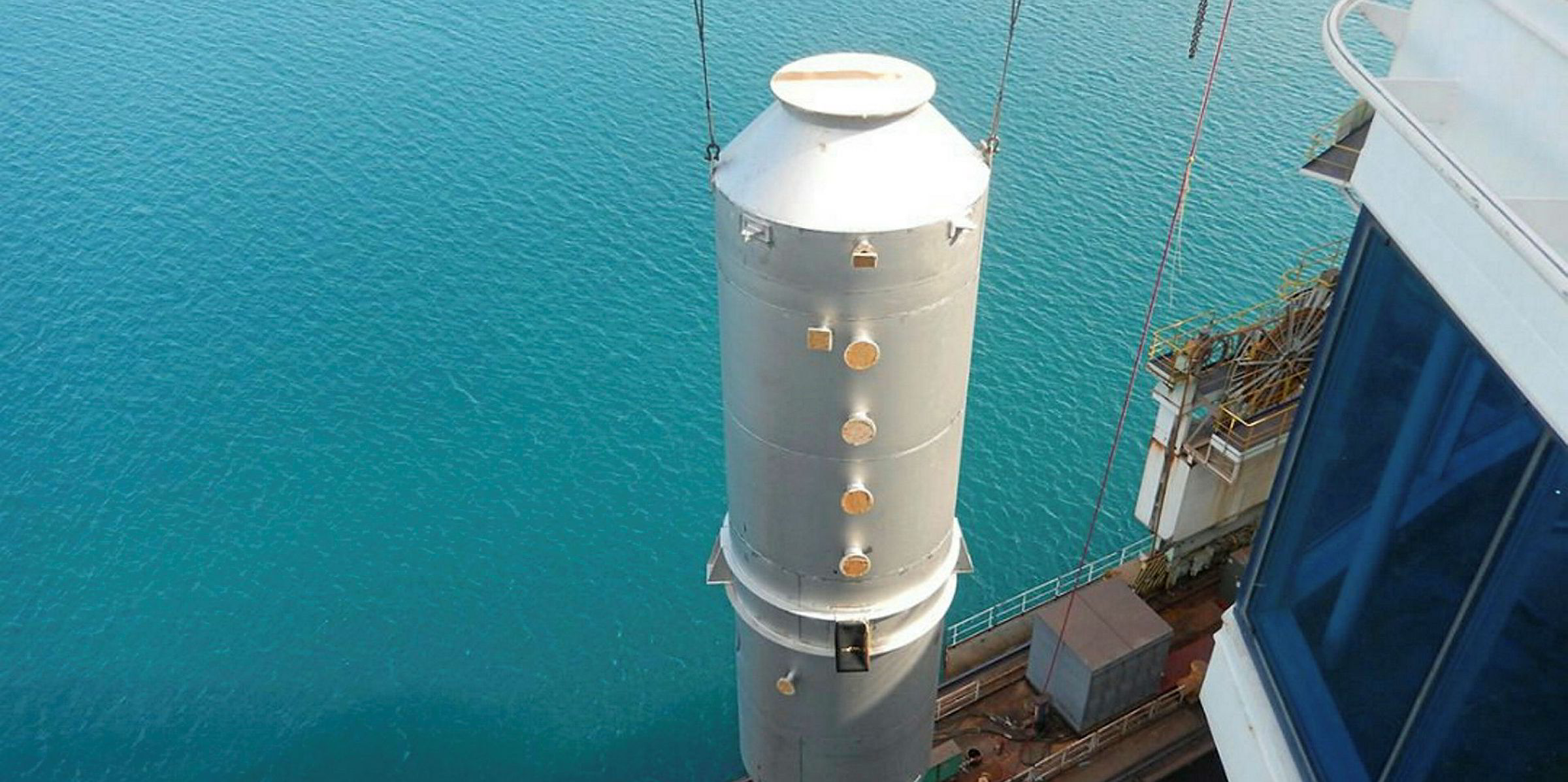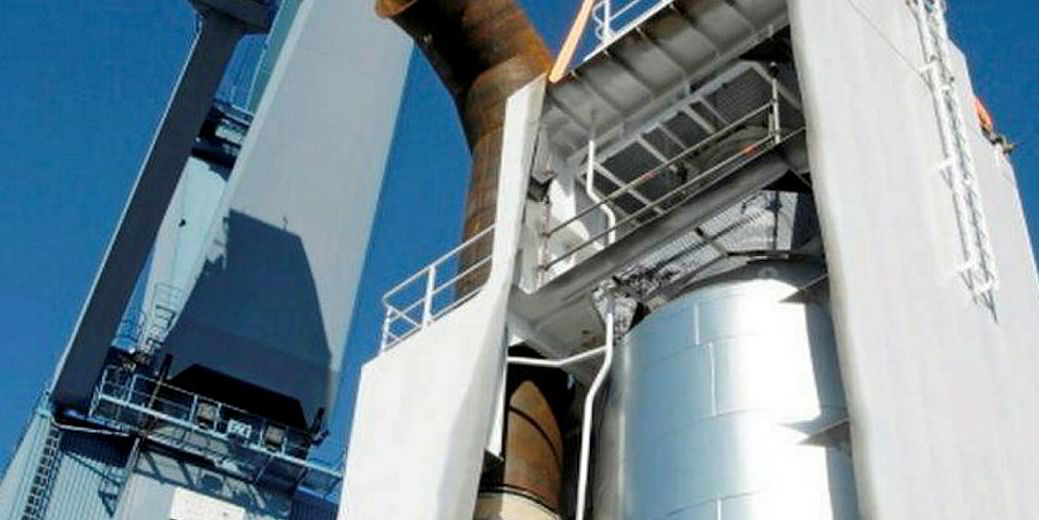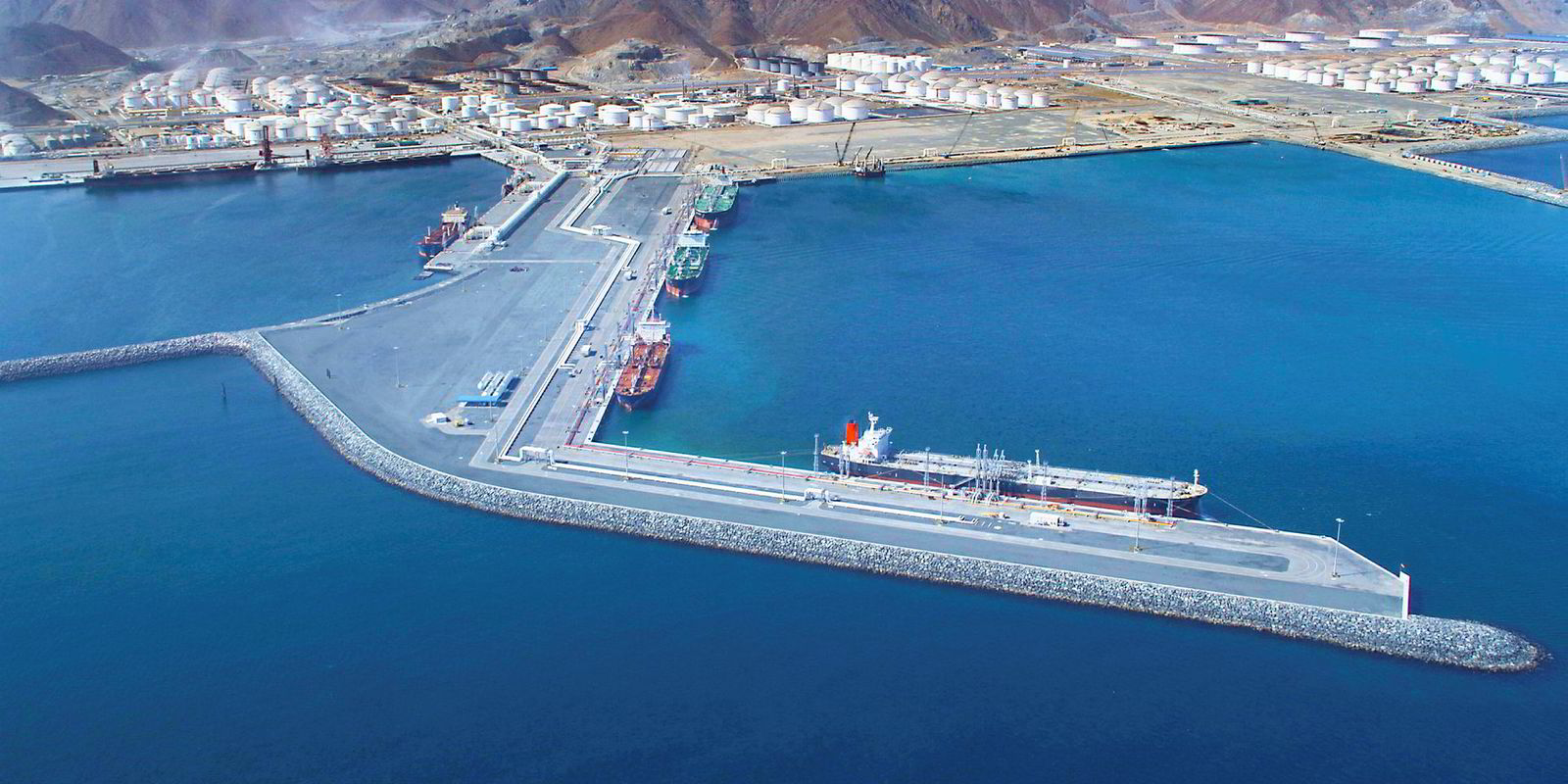Japan has presented data to the IMO indicating open-loop scrubbers can be used safely without damaging the marine environment.
The findings are being contributed towards the IMO’s programme to revise the guidelines for the use of exhaust gas cleaning systems ahead of IMO 2020.
It also comes as an increasing number of jurisdictions are banning the use of scrubbers due to environmental concerns.
'Prohibition unjustified'
In a presentation to the IMO, Japan said it believed “prohibition of the use of open-looped scrubbers cannot be justified scientifically when the IMO’s criteria is met”.
It originally undertook the study to allay the concerns of the Japanese fishing industry over the use of scrubbers.
Japan’s study looked at simulating both the long-term and short-term impacts of open-loop scrubbers, using the same methodology used to test ballast water treatment systems.
The study covered the whole scope of potential pollutants, including pH, nitrates, nitrites, phosphorus, and chemical oxygen demand. It also focused on polycyclic aromatic hydrocarbons (PAH), which have been cited as the main environmental concern associated with open-loop scrubbers
Japan looked at a worst possible scenario, a 10-year period of concentrated use in partially enclosed areas, which included Tokyo Bay, the Inland Sea and Ise Sea.
Sulphur test
It found that sulphur levels in seawater would be “dissolved”.
“It is highly unlikely that SOx deposited and dissolved into the marine water may cause unacceptable effects,” Japan’s report said.
It also found that PAHs following discharge rise “only slightly above their detection limits".
And it said heavy metals in scrubber discharge water are “substantially” less than the emission standard for land-based sources in Japan.
However, as TradeWinds earlier reported, Japan’s findings come in sharp contrast to a report from the German Environment Agency submitted to the IMO expressing concerns that discharge water presented a “direct pollution source” to the marine environment.





